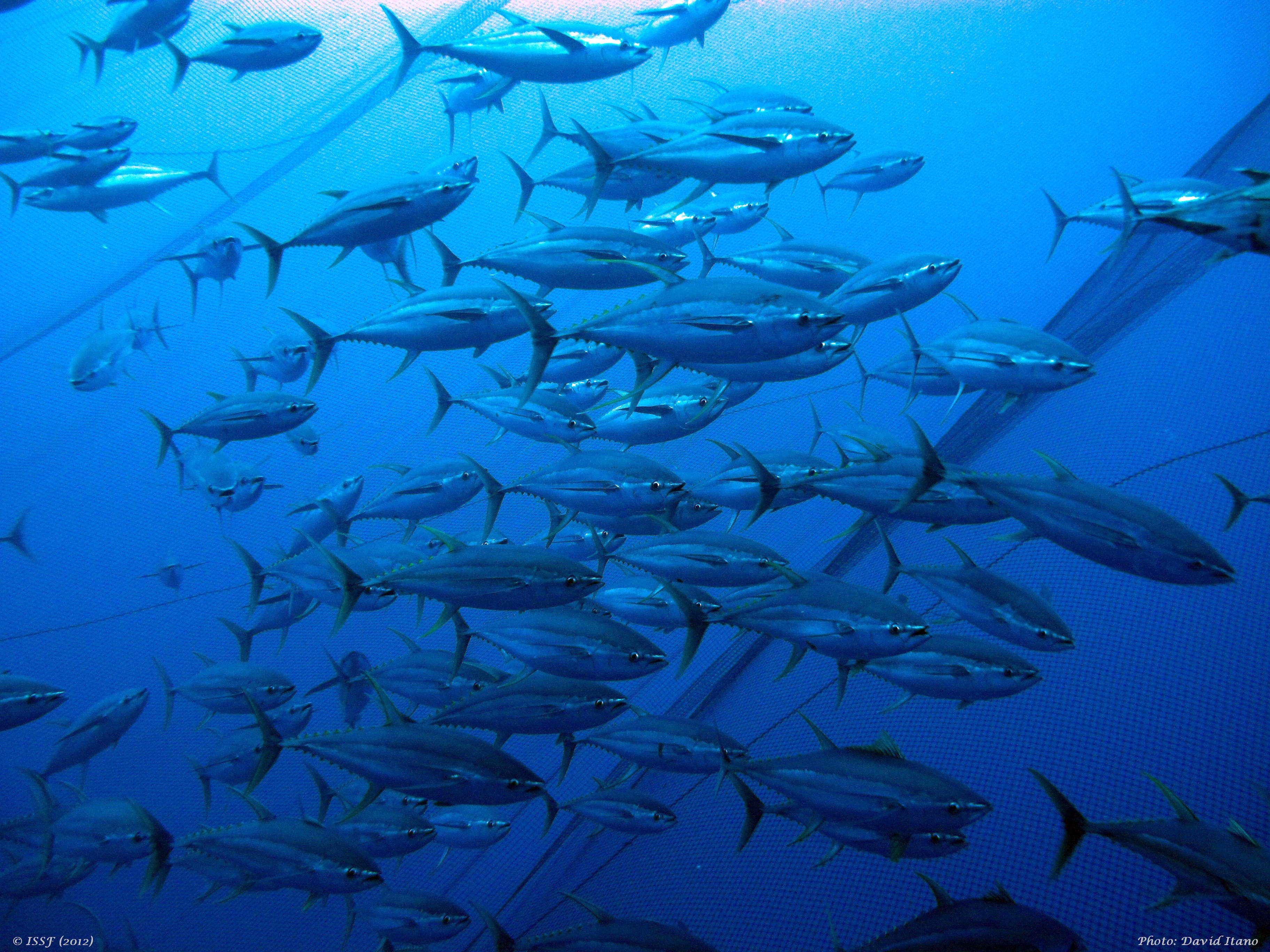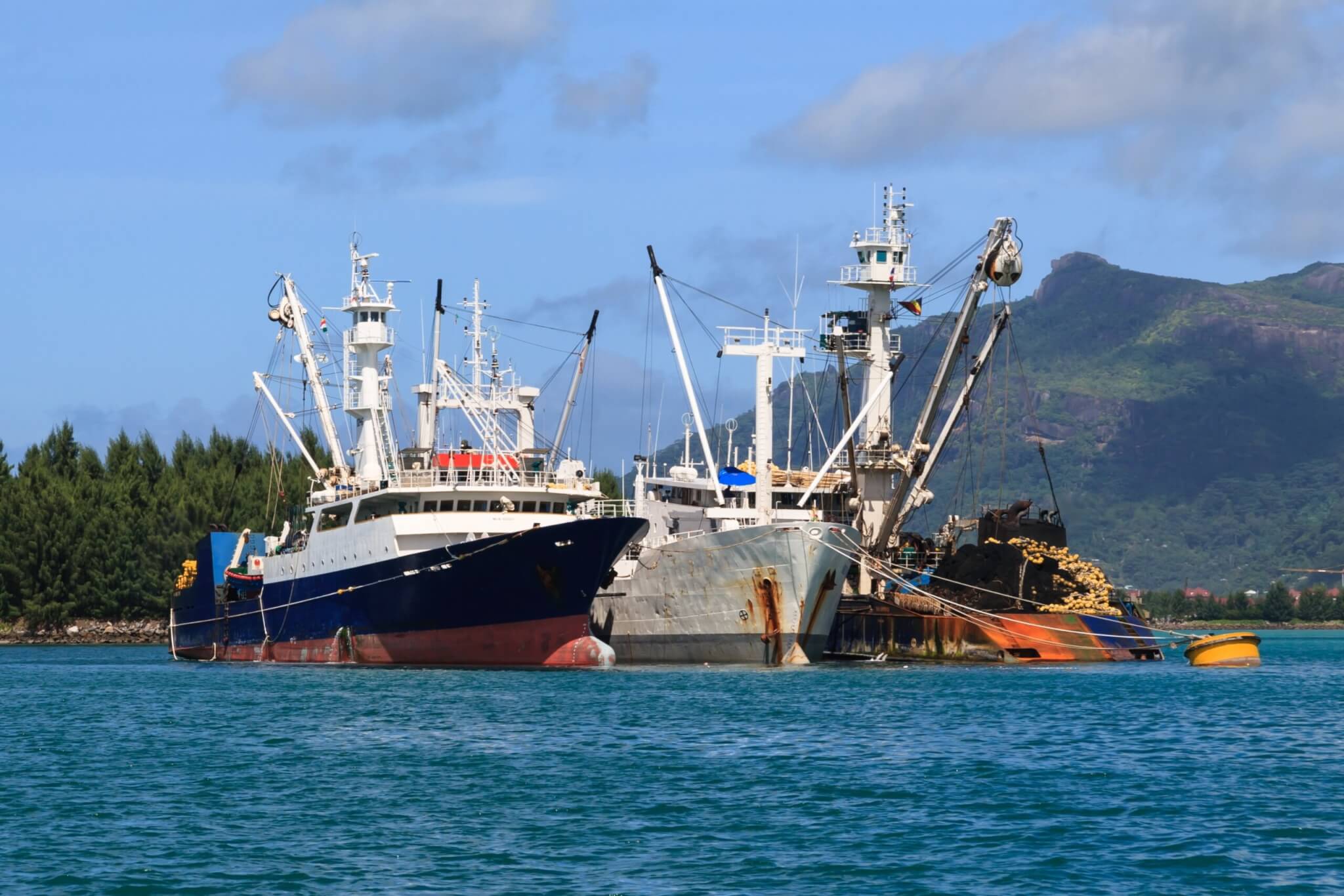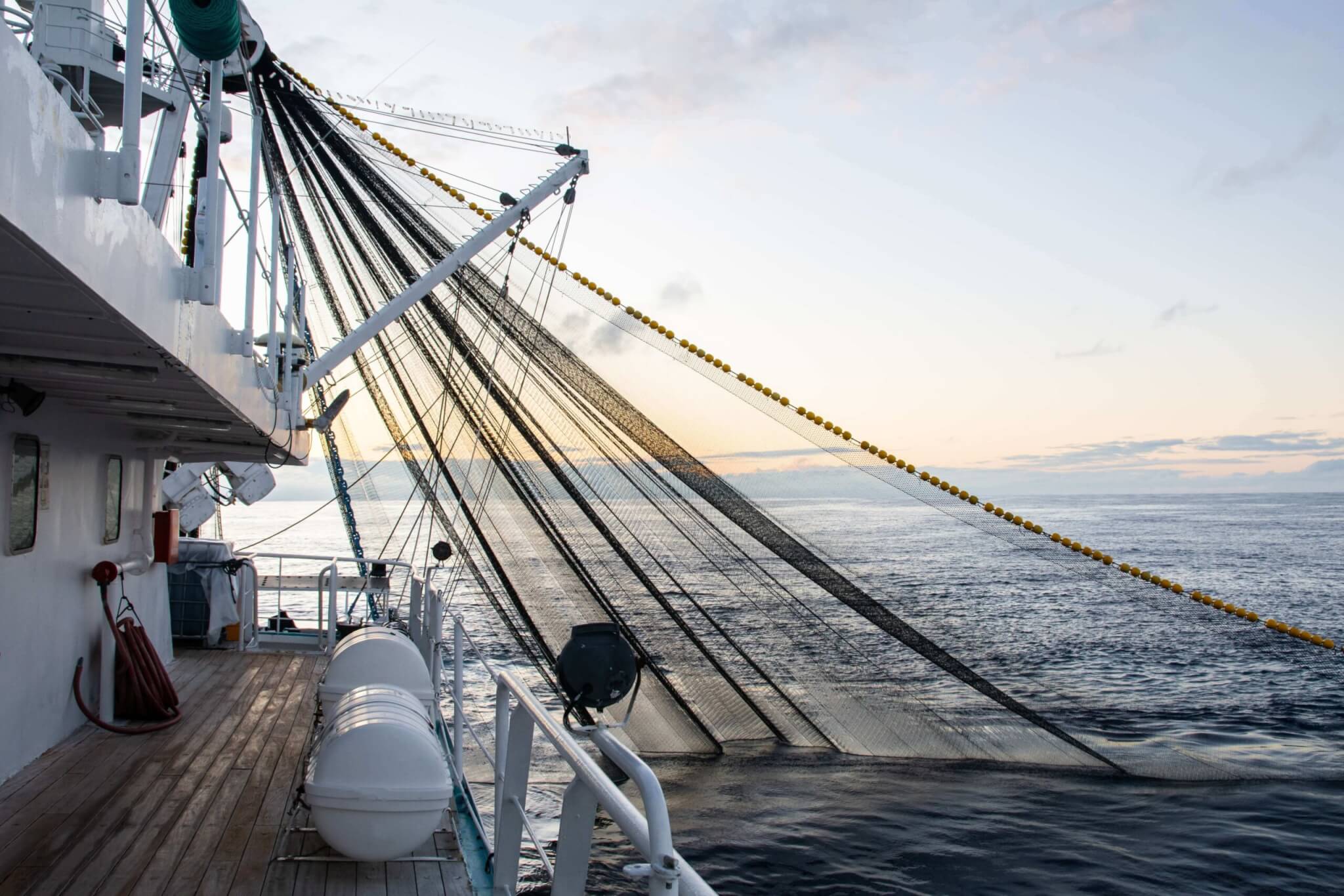
Advancing Sustainable Tuna Fisheries
The International Seafood Sustainability Foundation (ISSF) released its Strategic Plan for 2018-2022, Advancing Sustainable Tuna Fisheries: A Five-Year Plan, which lays out the research and advocacy organization’s mission and approach to meeting sustainability objectives over the next five years.
The new strategic plan is activated through three core pillars of science, influence, and verification — encompassing tuna stock health and fisheries bycatch, outreach to Regional Fisheries Management Organizations (RFMOs) and vessels, partnerships with tuna companies, fishery improvement support, and more. ISSF’s ultimate objective remains to improve the sustainability of global tuna fisheries so they are capable of meeting the Marine Stewardship Council (MSC) certification standard without conditions.
Read about ISSF's #sustainability goals for the next 5 years in its new strategic plan. Share on X“Since ISSF began its work in 2009, tuna fisheries have changed, the industry has changed, and sustainability challenges have strengthened stakeholder cooperation,” said ISSF President Susan Jackson. “As progress is made and priorities evolve, it is essential to recalibrate our strategies to continue to drive the industry towards a more sustainable future. That’s what Advancing Sustainable Tuna Fisheries allows us to do.”
Objective Strategies, Evolved Approaches
While ISSF tools and resources — because they help reach the organization’s objective regarding MSC certification — are complementary to fisheries improvement work, a formalized focus on Fisheries Improvement Projects (FIPs) is new to Advancing Sustainable Tuna Fisheries.
“ISSF has a reputation for taking the scientific route — identifying and advocating for approaches based on the best data available,” said Bill Fox, ISSF Board member of Vice President, Fisheries, WWF-U.S. “We look forward to the Foundation bringing this rigorous focus to bear on the fisheries improvement work progressing across global tuna fisheries.”
In the plan, the Foundation also pledges to monitor emerging labor and social standards for tuna fishing activities, and to consider how ISSF and its nearly 30 participating tuna companies can support standards for best labor practices.
Progress to Date, Goals to Prioritize
ISSF has launched a related, infographic-rich microsite that explores five focus areas of the strategic plan: bycatch mitigation, FADs and FAD management, illegal fishing, industry commitment, and harvest strategies. For all focus areas, which have evolved from the organization’s previous five-year plan, ISSF cites outcomes to date as a result of its model of scientific research, knowledge sharing, and advocacy.
Additional Strategic Plan goals laid out in the microsite include:
- Harvest control rules for all commercial tuna stocks
- All RFMOs require biodegradable Fish Aggregating Devices (FADs)
- 100% observer coverage across all gears and tuna fisheries
- Additional tuna vessels of all gear types on ISSF’s ProActive Vessel Register
- More companies across the tuna supply chain committing to ISSF conservation measures
- ISSF participating companies maintaining full conformance with ISSF conservation measures
The microsite also highlights benchmarking tools and summarizes ISSF resources for FIPs and MSC certification efforts.
The 2018-2022 strategic plan was developed with input from ISSF partners representing more than a dozen external stakeholder groups and organizations — including those from the scientific, charitable foundation, and NGO communities. The plan was developed over a ten-month period and approved by ISSF’s Board of Directors. The plan PDF can be downloaded from the microsite.


